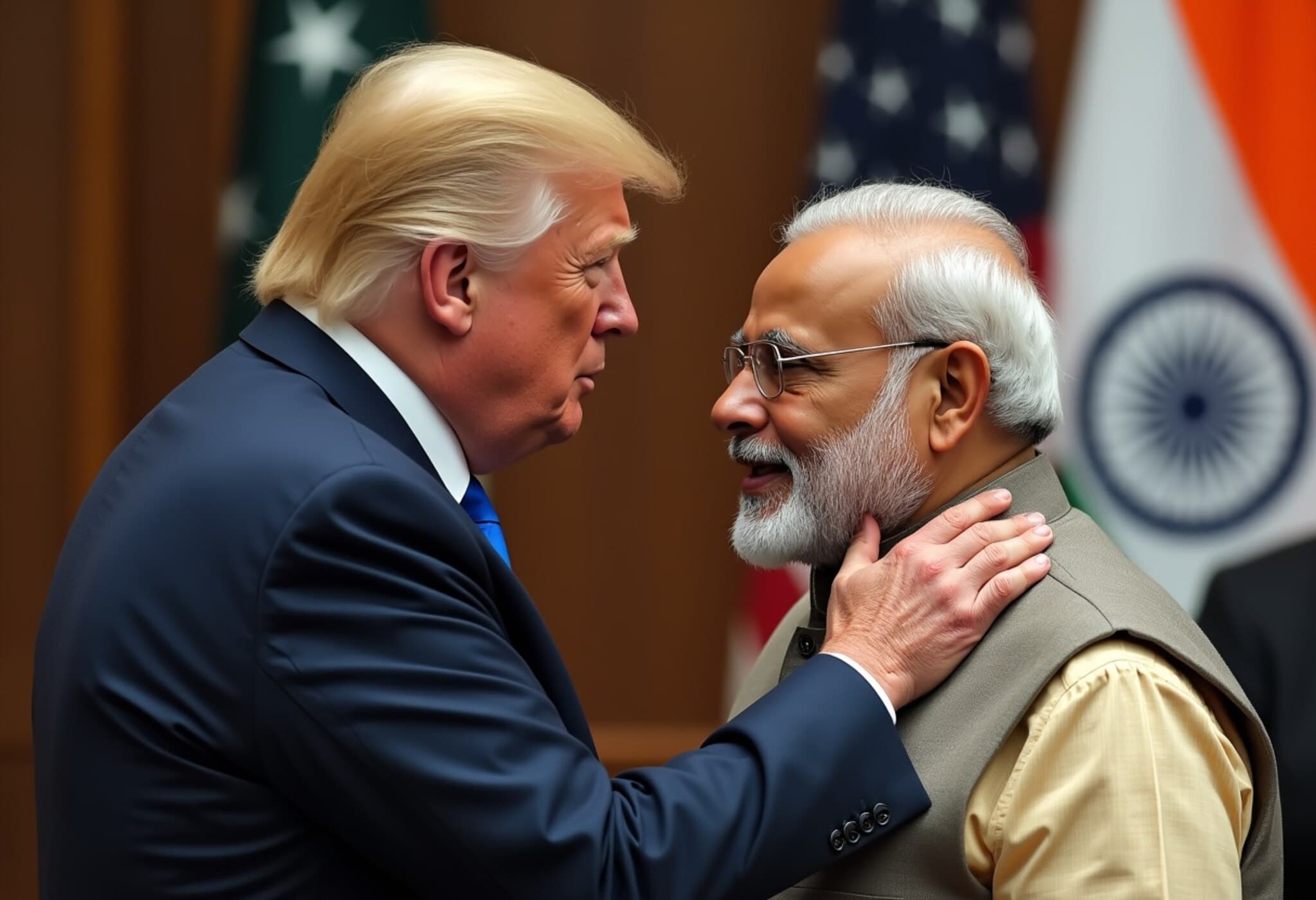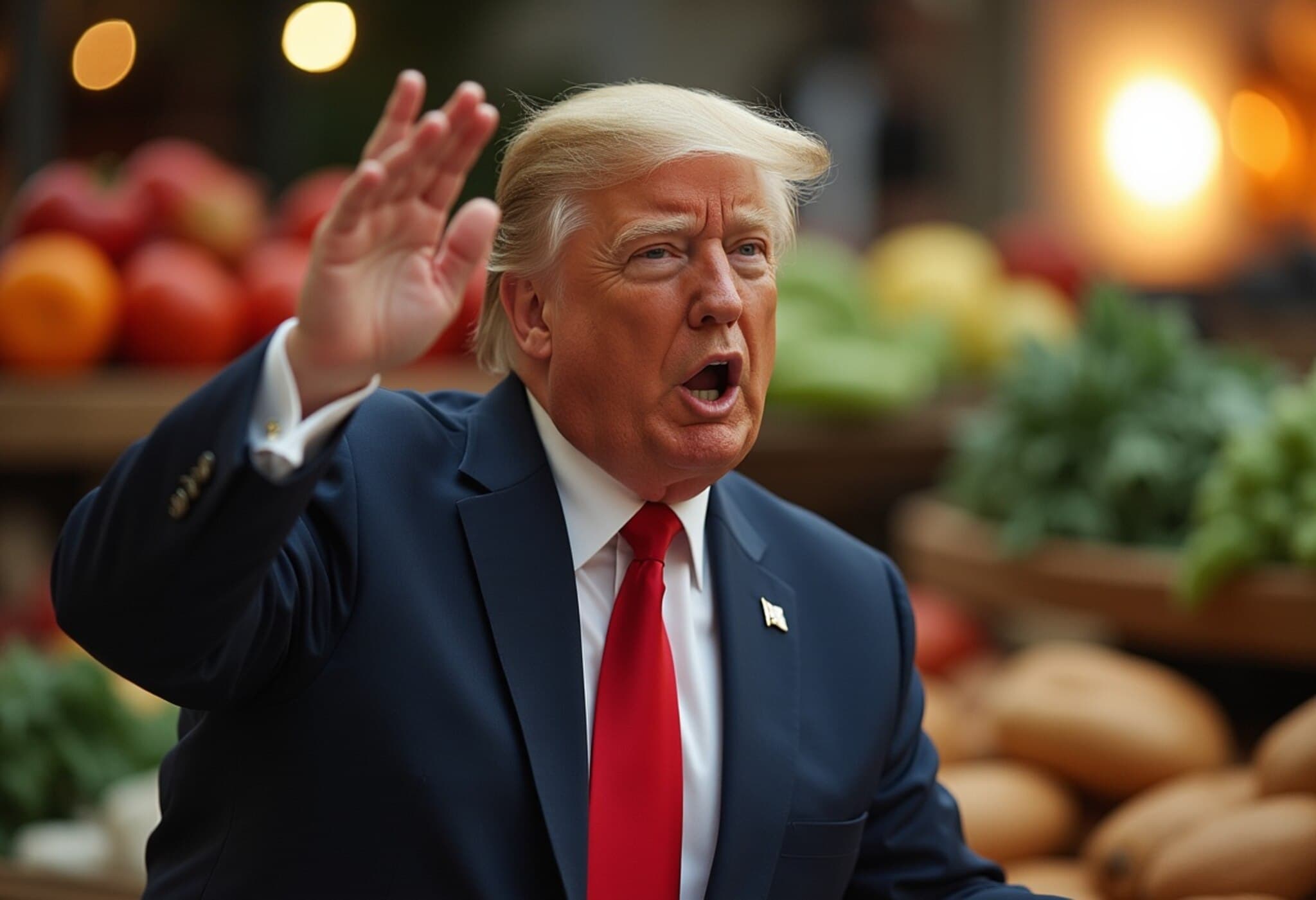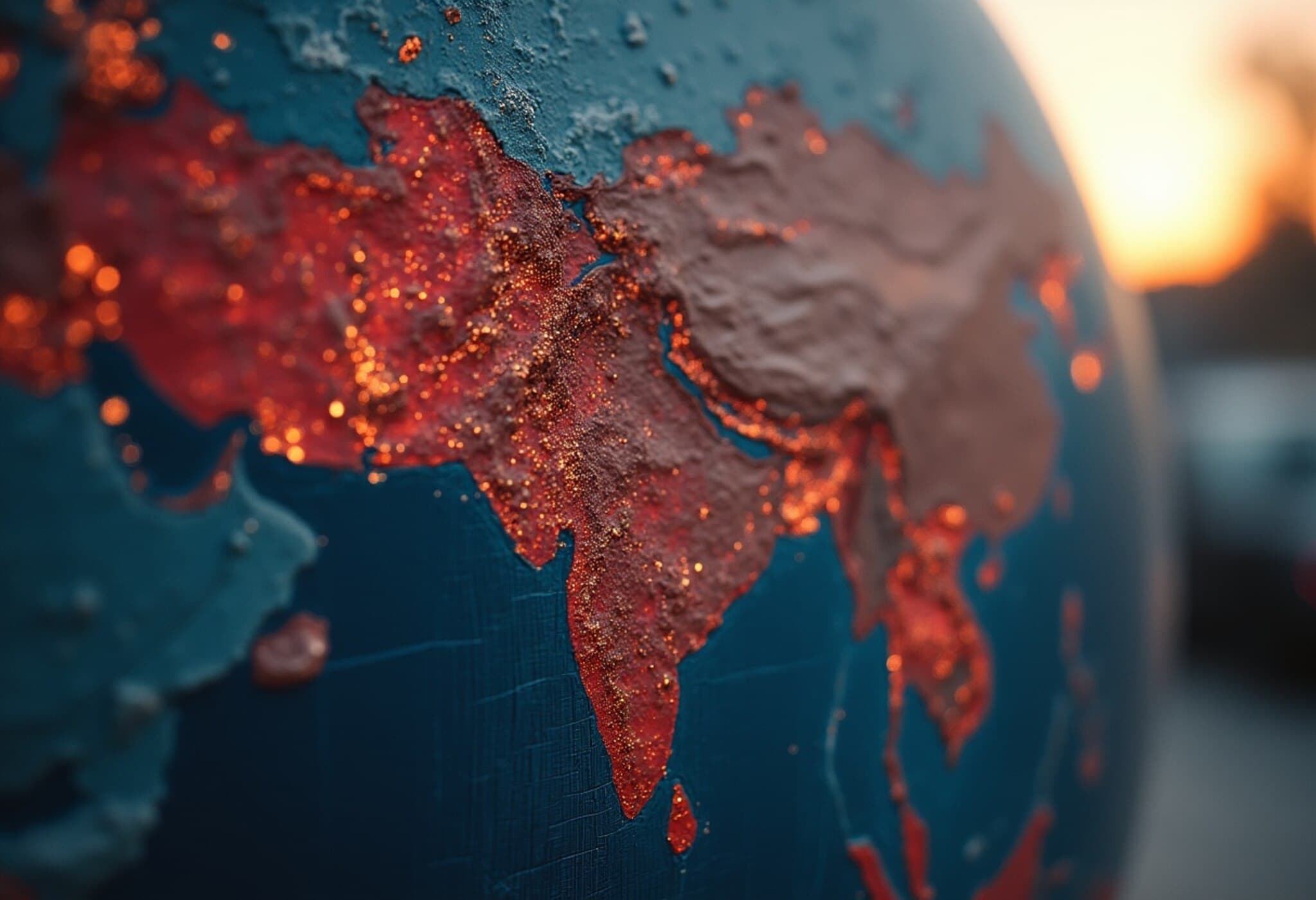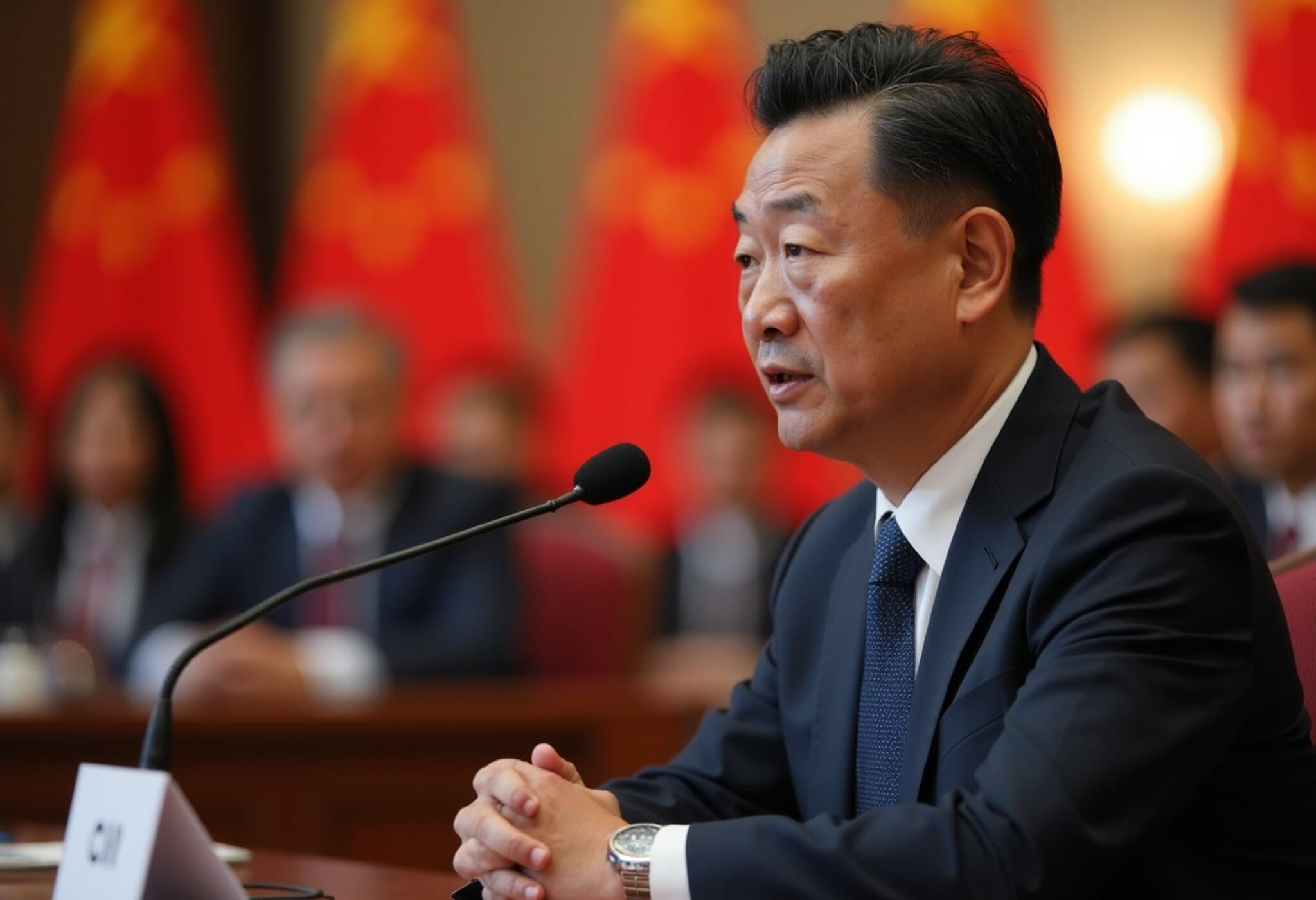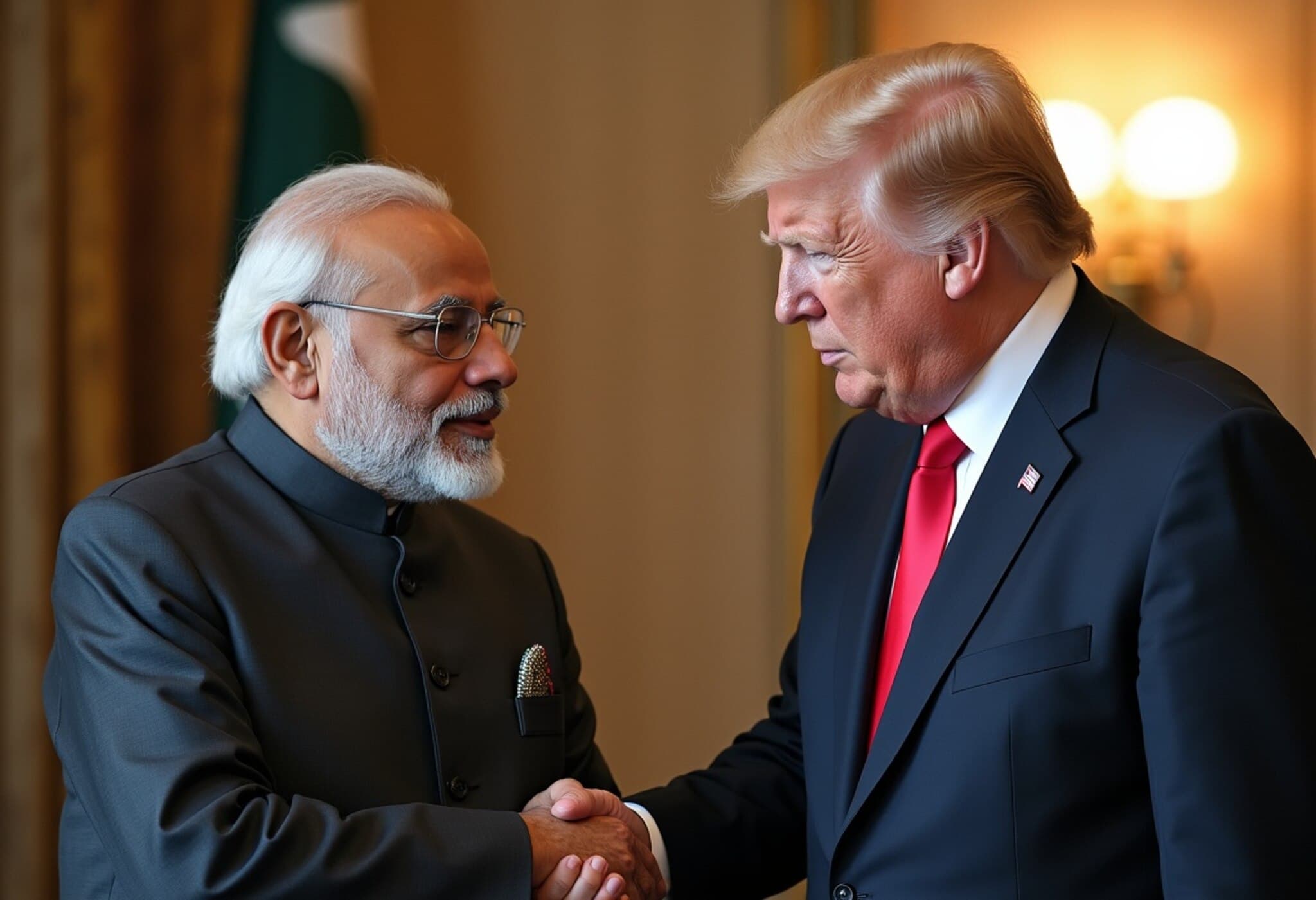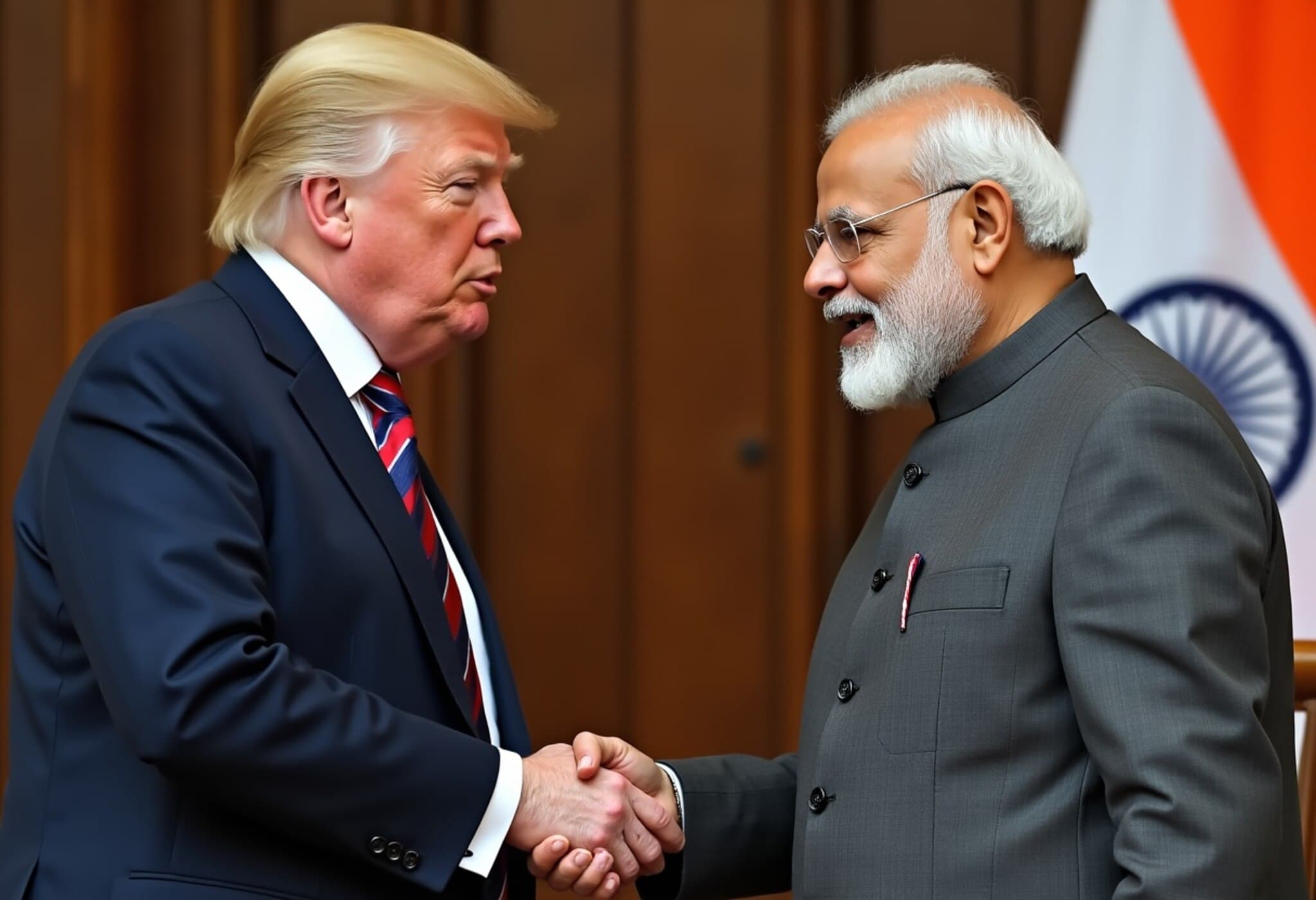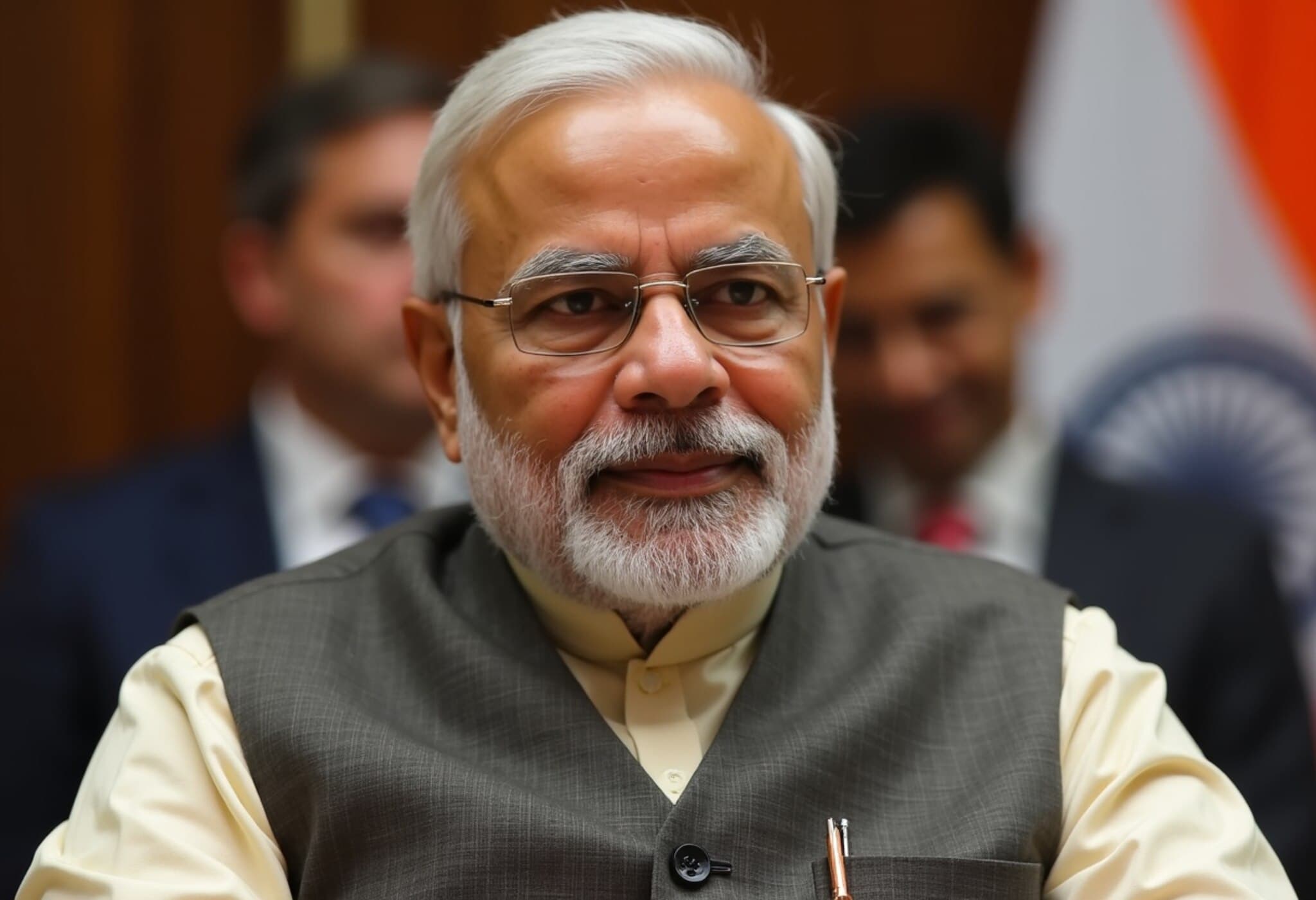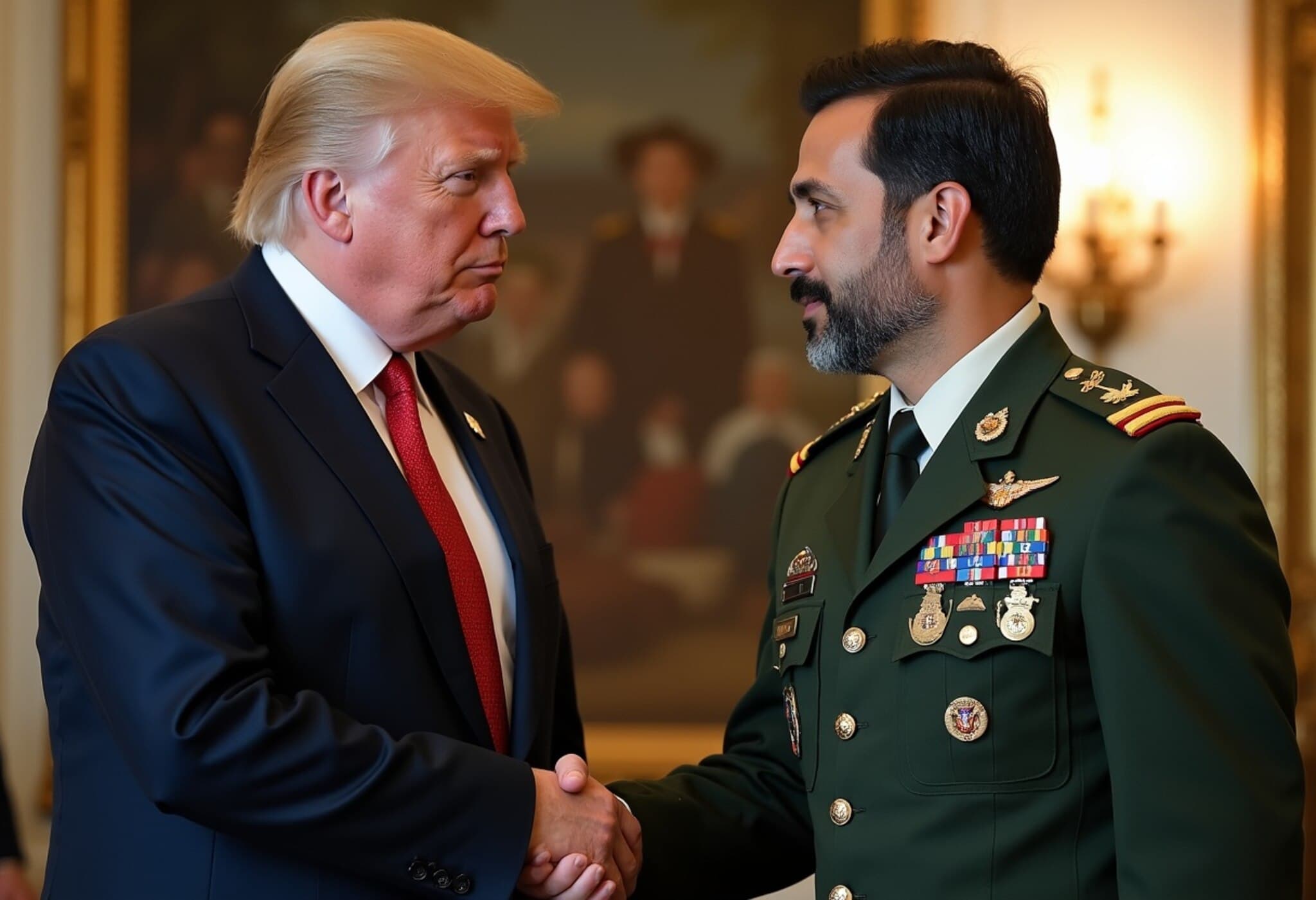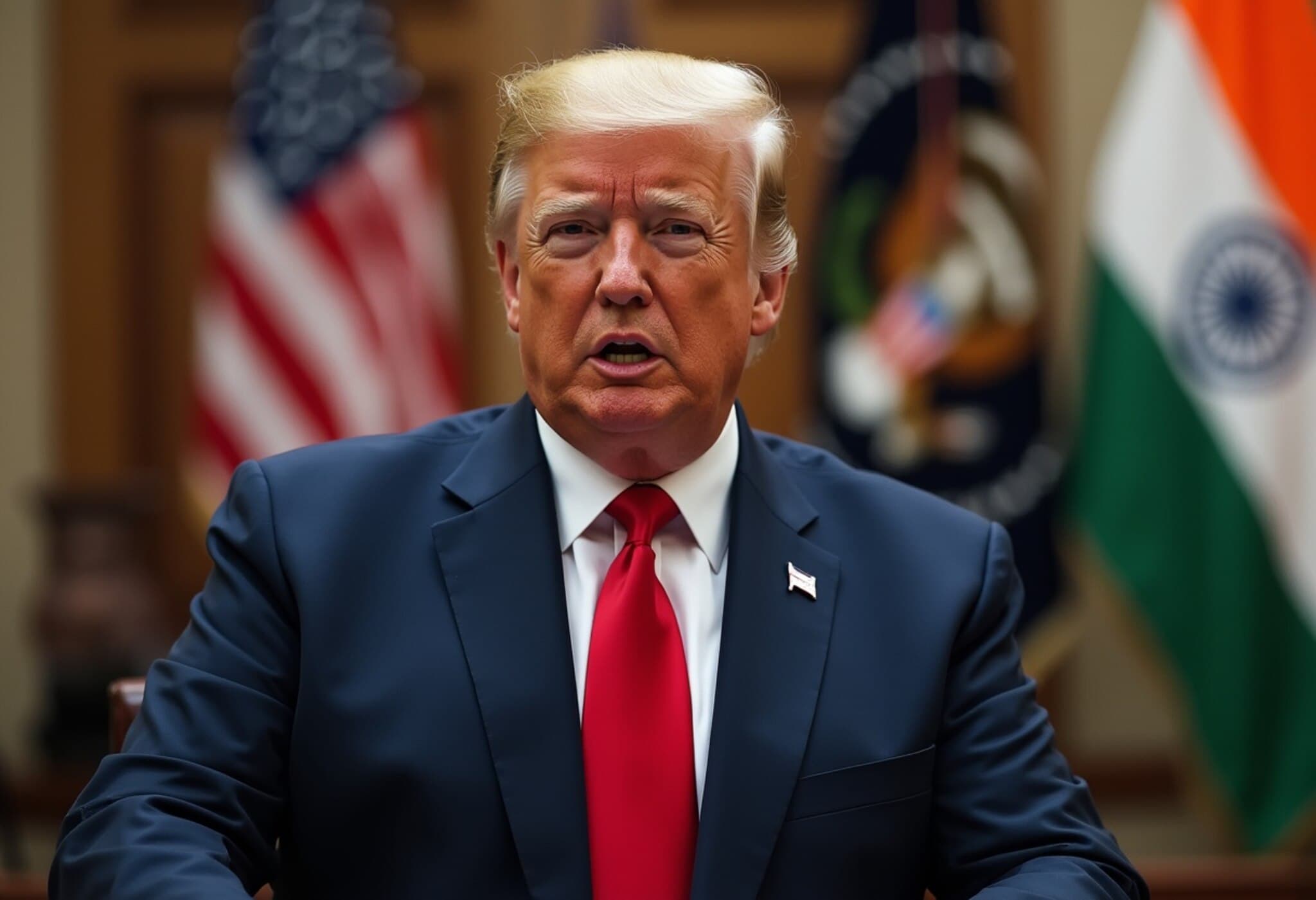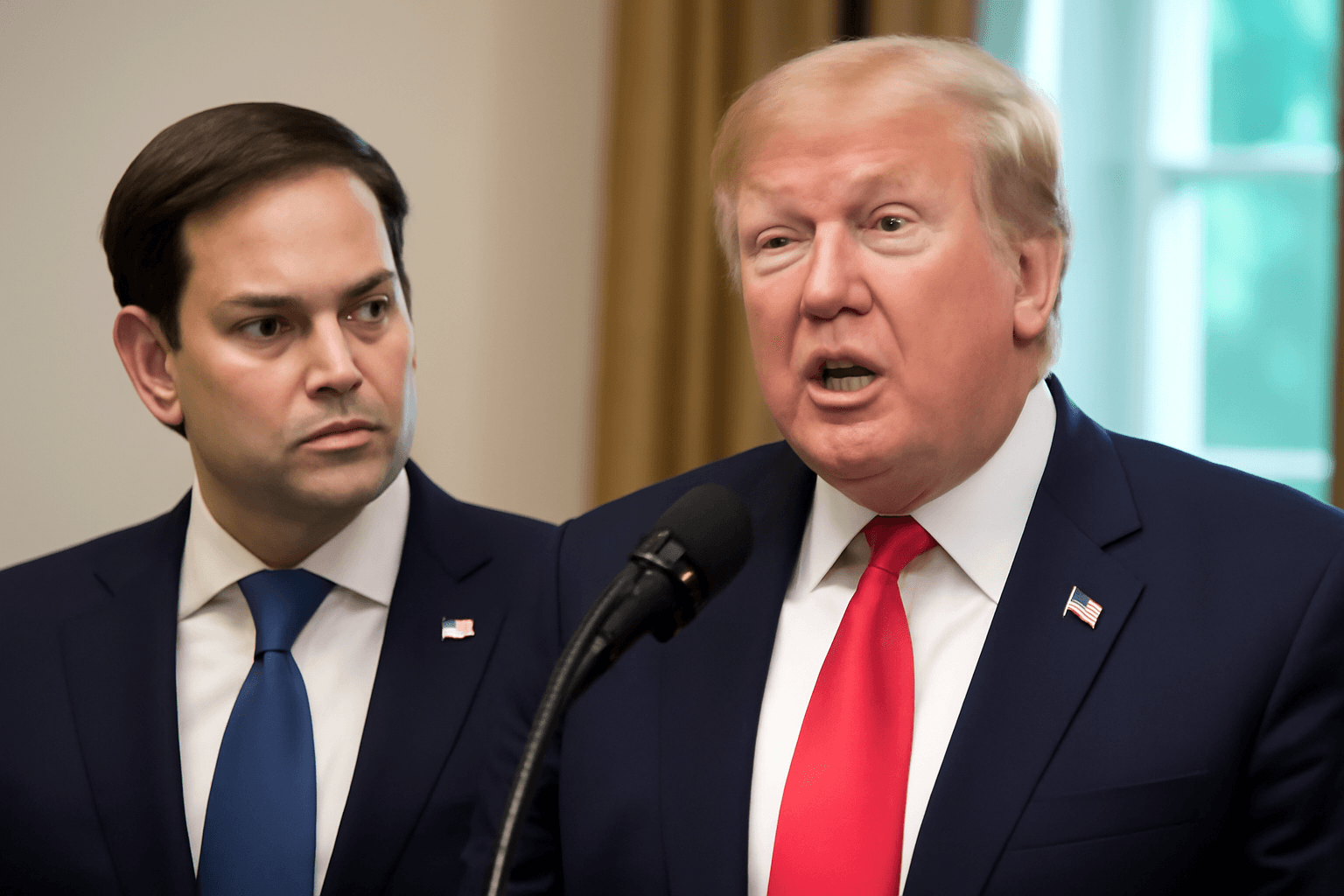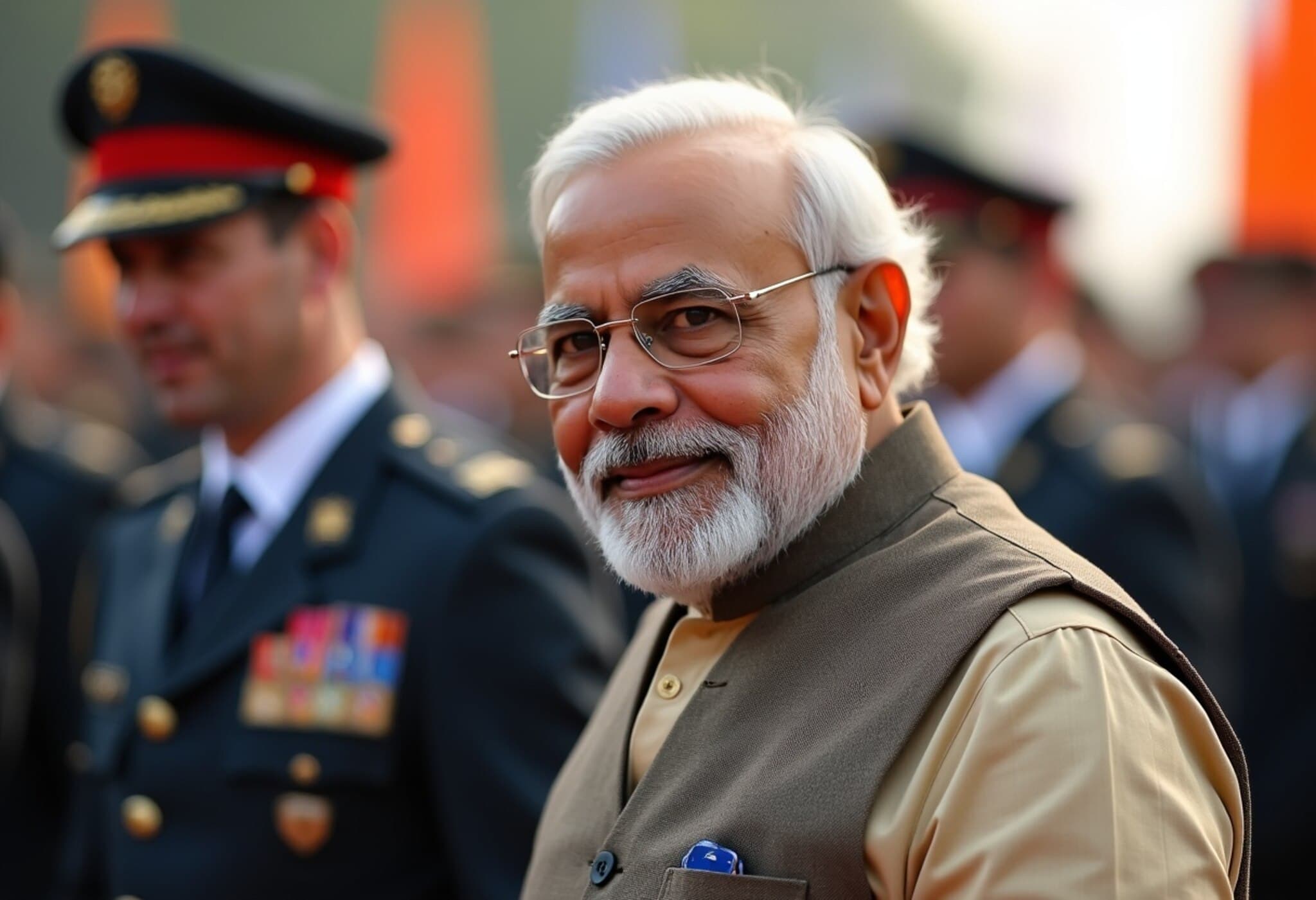Trump Insists He Ended India-Pakistan Conflict Despite PM Modi’s Firm Denial
In a striking turn of events, former US President Donald Trump reiterated his claim that he was instrumental in halting the India-Pakistan war, brushing aside clear denials from Prime Minister Narendra Modi. The claim comes just hours after Modi emphasized during a 35-minute phone conversation with Trump that the United States played no role in the ceasefire between the two nuclear-armed neighbors.
Trump’s Bold Statement Outside the White House
Addressing reporters at the White House, Trump declared, “I stopped the war between India and Pakistan. I love Pakistan, and Modi is a fantastic man.” He further mentioned ongoing trade talks, stating, “I spoke to him last night and we will make a trade deal with Modi of India.”
Trump also credited Pakistan’s Army Chief Asim Munir and Modi for their crucial roles in de-escalating tensions, highlighting, “This man (Asim Munir) was extremely influential in stopping it from the Pakistani side and PM Modi from the Indian side. Both are nuclear countries and I stopped a war between two major nations.”
Modi Clarifies India’s Stand on Mediation
Contrasting Trump’s assertions, Prime Minister Modi conveyed unequivocally during the phone call that India has never accepted third-party mediation in conflicts with Pakistan, nor will it in the future. Foreign Secretary Vikram Misri shared this in a video posted online, emphasizing that Modi said India has “never accepted mediation, does not accept it, and will never accept it,” asserting complete political consensus within India on this stance.
The ceasefire, Modi explained, was the outcome of direct military-to-military dialogue initiated at Islamabad’s request through established channels—without any external involvement.
Backdrop to the Ceasefire
The recent rising tensions traced back to the terror attack in Pahalgam on April 22, prompting India to carry out airstrikes on terror camps in Pakistan and Pakistan-occupied Kashmir on May 7. Pakistan countered with retaliatory strikes on May 8, 9, and 10, which India forcefully responded to, setting the stage for eventual ceasefire negotiations.
In their discussions, Modi also highlighted a significant shift, stating that India now views terrorist attacks as acts of war rather than proxy operations. Trump acknowledged this perspective and expressed support for India’s anti-terrorism efforts.
Political Fallout and Upcoming Meetings
Despite Modi’s clarifications, Trump’s insistence on his role has stirred political debate in India. Opposition voices have criticized Modi’s silence on Trump’s repeated claims, with some labeling mediation efforts between terrorists and victims as futile.
Foreign Secretary Misri revealed that Trump invited Modi for a meeting during his forthcoming US visit; however, the Prime Minister declined due to prior engagements. Both leaders agreed to reconvene at a later date.
Key Takeaways
- Trump claims credit for stopping the India-Pakistan war despite Modi’s denial.
- India insists ceasefire resulted solely from direct military talks without US mediation.
- Recent conflict followed severe terrorist attacks and retaliatory military actions.
- India now regards terrorist acts as acts of war, which is backed by the US in principle.
- Political tensions rise following Trump’s assertions, prompting opposition criticism in India.

